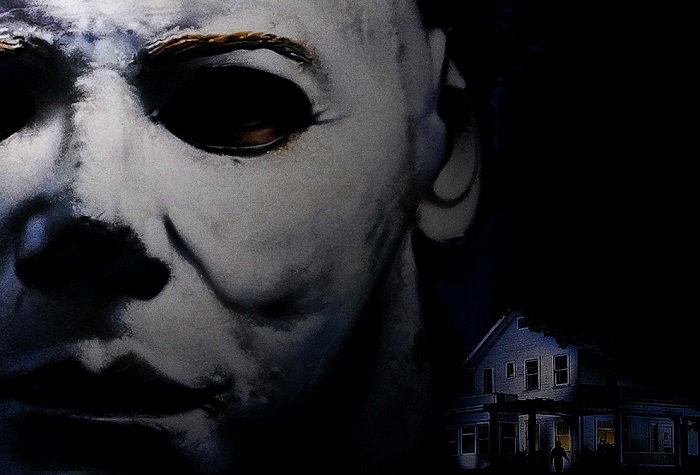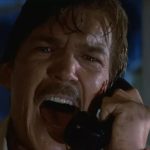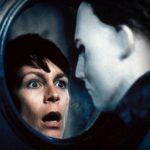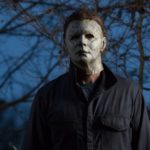
Halloween has what is arguably the murkiest continuity of all the slasher franchises. Sure, The Texas Chainsaw Massacre has been rebooted and remade so many times that you would need to consult an attorney about copyright law to explain the changes. Friday the 13th and A Nightmare on Elm Street were at least granted core storytelling arcs not unlike the Genesis trilogy in the Star Trek films. With Halloween, you need a flow chart to explain three separate continuities, two of which have been invalidated by David Gordon Green's new Halloween sequel do-over.
This brings us to Halloween 4: The Return of Michael Myers. Six years after critics and audiences got burned by the Myers-free, blissful satire of Halloween III: Season of the Witch, the title of the third sequel spoke for itself. However, without John Carpenter and Debra Hill — who were involved early on when Cannon courted the rights from Moustapha Akkad — the mythology turns incoherent. The aesthetics have the same soft, hazy polish of Freddy and Jason's adventures birthed by the advent of MTV. In tandem with the more aggressive evolution of slashers, Halloween 4 is a nastier, sillier entry that unfolds in the fashion that viewers who avoid horror imagine all films in the genre to be.
Granted, this is not a complaint. Aside from the script's moronic way of writing out Laurie Strode — the absentee parent development is perfected in Green's Halloween — this is a perfectly benign late 80s horror movie. Michael's upgraded, bright white mask has a refreshingly unsettling quality. Danielle Harris makes an impressionable debut as Jamie (a naming decision so corny you'd think Gene Shalit polished the screenplay), the daughter of Laurie Strode whose lineage is explained only by visions of Michael and a fear of the last day of October. It delivers a stacked body count, custom murders and more oblivious teenagers than a Drake concert on Memorial Day at the Hollywood Bowl.
Not only are the younger cast members dim, the Haddonfield police department has lost its mojo since Sheriff Brackett retired to Florida after the events of Halloween II. Ninety percent of the cast of Halloween 4 are sitting targets, unwittingly waiting for Michael to kill, hopefully by something cooler than a knife. Like, say, impalement by shotgun, or my favorite, getting tossed into a power grid that explodes on bodily impact. On a lighter note, the chemistry between Harris and Ellie Cornell, as her protective adopted sister Rachel, gives the film an unexpected humanity. Carpenter's presence isn't entirely lost either, as Alan Howarth, who collaborated with the director on five of his films in the 80s (plus Halloween II and III), excels on his own as the film's composer.
Aside from the kill scenes — which the writer's strike-afflicted screenplay is based around — the star of the show is Donald Pleasance. Dr. Loomis, once a man of action and exposition, developed psychic powers from being burned alive at the end of II. He spends the early part of the film in his own version of Midnight Run trying to get to Haddonfield on time. When he does, the police accuse him of forming a "lynch mob," then immediately consent to said plan because HE KNOWS WHAT EVIL LOOKS LIKE AND ANYONE WHO DISAGREES RISKS DEATH. Perhaps compensation for aging, Pleasance is full camp here, a maniacal Van Helsing whose choice of combat is aggravated fear-mongering that culminates in one of the most histrionic "hold my beer" moments ever committed to film. He knows the hand he's been dealt.
Halloween 4 didn't get my enthusiasm years ago, but my recent viewing turned me around. The escalation into action territory in the third act proves Dwight H. Little's mettle for later endeavors like Marked for Death and Rapid Fire. That structural slickness compensates for the void left by Carpenter, Hill and Dean Cundey, whose moody cinematography on the first three films cemented the franchise's atmosphere. While sacrificing subtext and craftmanship for emulating the meat-and-potatoes approach to the imitators that conquered horror in the 80s, The Return of Michael Myers is too endearingly zany to begrudge.











